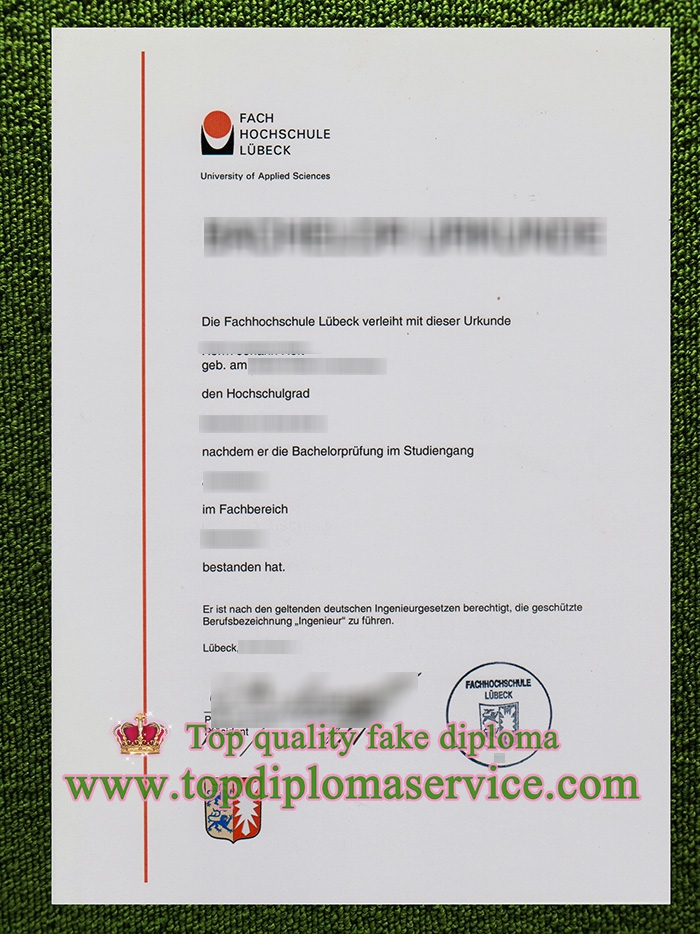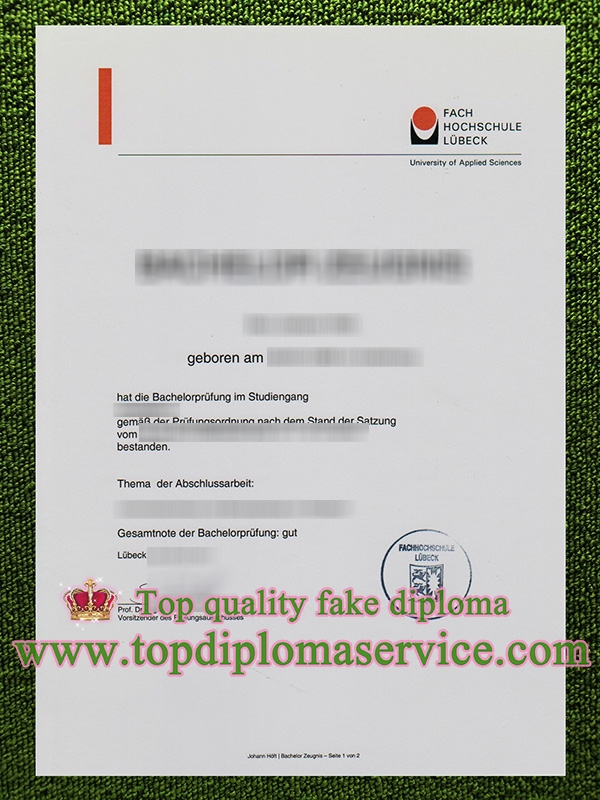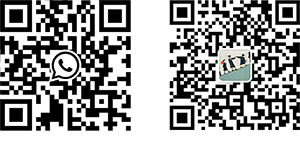
Tips to buy fake Fachhochschule Lübeck urkunde, order fake FH Lübeck degree, make fake Fachhochschule Lübeck zeugnis. There are 35 courses, 21 of which are bachelor’s degrees and 14 are master’s degrees. 5,164 people are studying at the university, including 1,655 women (as of winter semester 2020/21).
The Technical University of Lübeck looks back on a history dating back to 1808, when the society for the promotion of charitable activities in Lübeck founded a navigation school , later the Lübeck Maritime School , on the Kaisertor . After a lecture by Friedrich Esmarch in 1885 in the merchant community , at the instigation of Carl Türk , instructions in the Samaritan service (today: first aid course), which later became obligatory for helmsmen for all seaman ‘s schools on the German coast, took place there.

The University of Applied Sciences was created in 1961 as the Lübeck State Engineering School . She began teaching mechanical engineering, electrical engineering and physical engineering in 1962.
In 1969, the three engineering schools in Lübeck were merged into the “Lübeck State University of Applied Sciences for Technology and Seafaring” and in 1973 renamed the “Lübeck University of Applied Sciences”. The actual roots of the university go further back than those of the University of Lübeck , which was only founded in 1964.
From September 1, 2018, the “Lübeck University of Applied Sciences (FHL)” will have the new name: “Technische Hochschule Lübeck” (English: “Technical University of Applied Sciences Lübeck”).
The online courses originated from the federal lead project Virtual University of Applied Sciences (VFH), which began on September 1, 1998 and was funded until the end of 2003. Seven universities from different federal states were significantly involved in this project . The result is a bachelor’s and master’s degree in media informaticsand an undergraduate and postgraduate course in industrial engineering. The first students were able to start their online studies in the 2001/2002 winter semester. The special thing about this course is that the students can acquire 80% of their skills online and only 20% of the course have to be completed in person. This opened up access to a course of study for completely new target groups, especially people who, for various reasons, want to study independently of time and place. Through further project funding, the virtual network was further expanded and numerous further training opportunities were developed.


